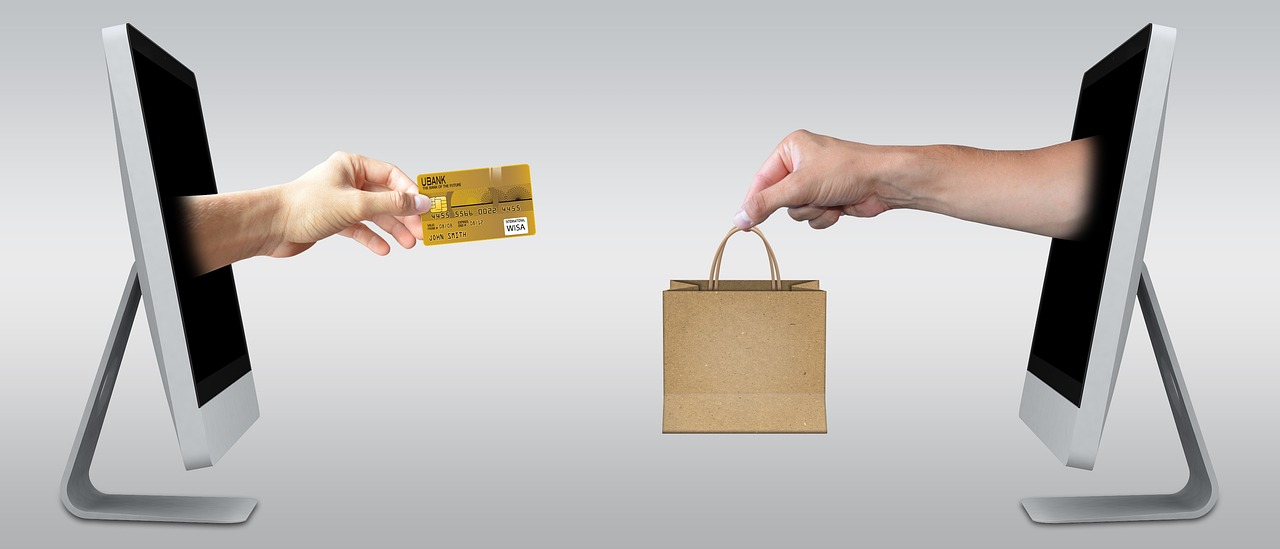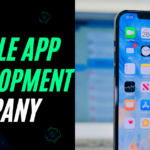5 Proven Ways To Prospect For B2B Sales

When it comes to finding the right business database for your sales efforts, there’s a lot of information out there. But which sources are reliable, and which ones will actually help you find the right companies to target?
In this article, we’ll show you five proven ways to find the right business database for your sales efforts. By using these methods, you can cut down on your research time significantly, and find a database that will help you achieve your sales goals.
What is a B2B Database?
A business-to-business database (B2B database) is a collection of data that covers the relationships between businesses. This information can include customer contact information, product listings, supplier relationships, and other relevant information. B2B databases are valuable resources for businesses of all sizes.
When searching for a B2B database, it is important to consider the type of data that is available. Some common types of data include customer contact information, product listings, supplier relationships, and financing data.
Customer contact information can be found in many different places. Some common sources include email addresses, phone numbers, and mailing addresses. It is important to cross-reference this information with other sources to make sure that it is accurate and up-to-date.
Product listings can be found in a variety of places. Some common sources include company websites, industry directories, and trade shows. It is important to review these listings thoroughly to find the most relevant products and suppliers.
Supplier relationships can be found in many places. Some common sources include company websites, industry directories, and trade shows. It is important to search for suppliers who have a good reputation and who offer products or services that match your company’s needs.
Financing data can be helpful when negotiating loans or investing in new business ventures. Many banks and other financial institutions maintain databases of past credit history and financial metrics for companies in specific industries or markets.
What are the Benefits of using a B2B Database?
Using a business-to-business database can be a valuable way to prospect for new sales opportunities. By connecting with other businesses in your industry, you can find new leads and potential customers. Additionally, a well-maintained B2B database can help you identify trends and patterns in your industry, which can help you make better decisions when it comes to marketing and sales. Here are some of the benefits of using a business-to-business database:
1. Increased Prospecting Opportunities – A well-maintained B2B database can provide you with increased opportunities to prospect for new sales leads. By connecting with other businesses in your industry, you’ll be able to find new customers and potential partners.
2. Better Marketing and Sales Decisions – By analyzing trends and patterns in your industry, a B2B database can help you make better decisions when it comes to marketing and sales initiatives. This information can help you identify which strategies are working best for your business and which ones need improvement.
3. More Effective Relationships With Customers and Partners – A good B2B database will allow you to build strong relationships with customers and partners by providing access to valuable information. This information can help you understand customer needs and preferences, as well as propose products or services that meet those needs.
4. Faster Time To Results – When using a B2B database, you’ll be able to get results faster than if you were trying to prospect on
How can you find a Good B2B Database?
Finding a good B2B database is essential if you’re looking to get ahead in your sales career. The right database can give you access to a wealth of information on companies and products, making it easier for you to target potential clients and land deals. Here are four ways to find the right B2B database:
1. Do your research.
Before you even begin looking for a B2B database, it’s important to do your research and understand what features are important to you. What types of data do you want access to? What kind of search capabilities do you need? Once you have an idea of what you need, start checking out different databases and see which ones suit your needs the best.
2. Consider price point.
Just because a database is good doesn’t mean it’s cheap. Make sure that the price point is right for your needs before signing up for anything. There are plenty of affordable options out there, so don’t be afraid to check them out!
3. Check out user reviews.
User reviews can be a helpful way to determine whether or not a particular B2B database is worth signing up for. Read through customer reviews and see if they mention any problems with the software or find any general feedback that might help you decide whether or not it’s the right fit for your business…or if there are better options available on the market!
4. Try different databases out! Once you’ve narrowed down your choice based on
5 proven methods to prospect for sales from a B2B database.
There are a number of proven methods for B2B sales prospecting from a B2B database. One way is to identify the key decision-makers within your target market and research their interests and needs. Once you have identified your target market, you can use targeted marketing techniques to reach them. Other methods include contacting your customer service department or customer base directly. Prospecting through email or social media also works well when targeting specific demographics or companies with similar interests. It’s important to keep in mind that not all B2B databases are created equal, so it’s important to find one that will help you reach your target market effectively.










